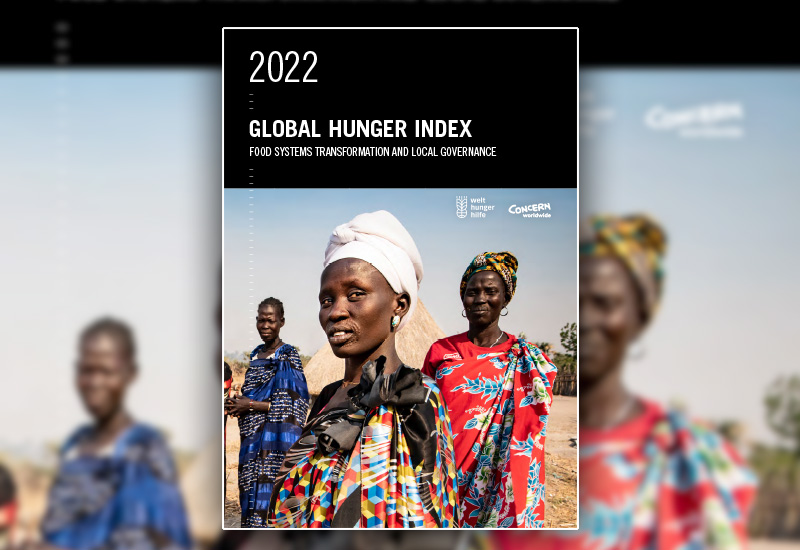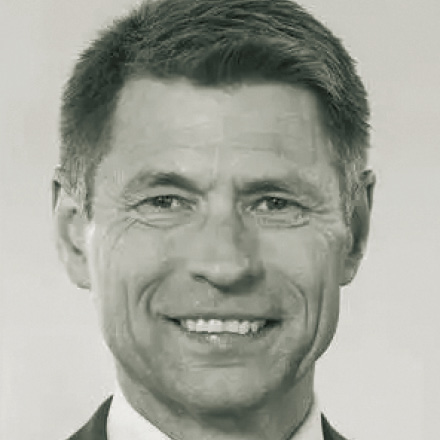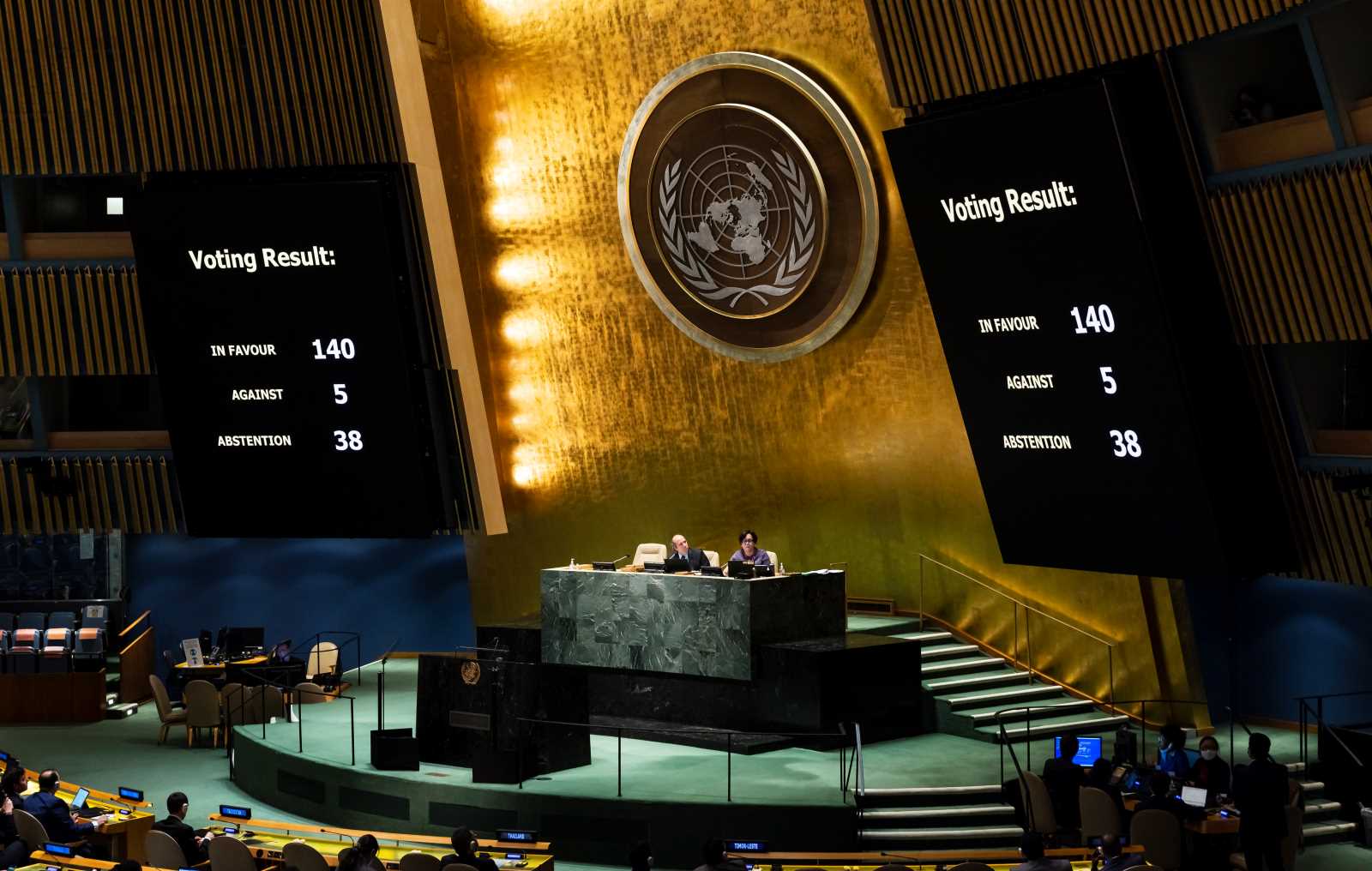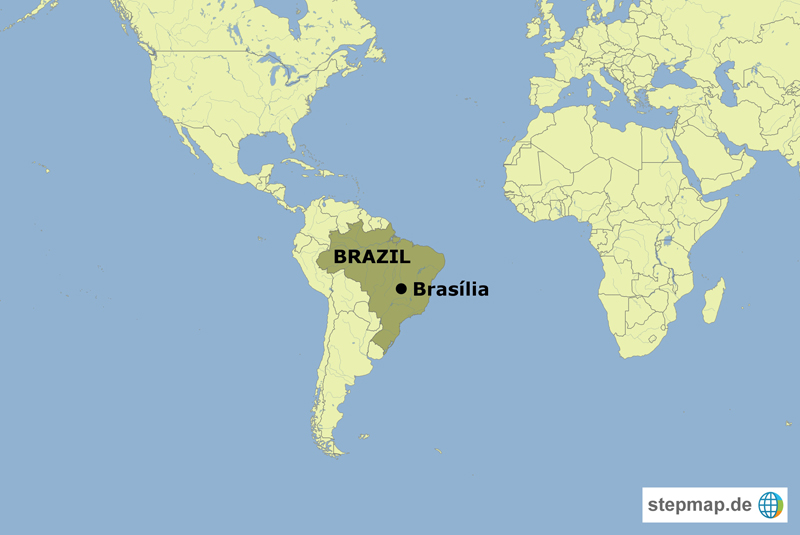Environment
Book shows rays of hope in climate crisis
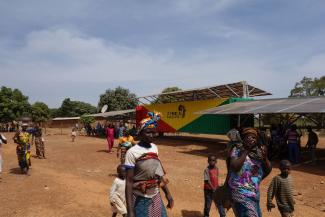
Worldwide, people are suffering because of climate-change impacts. The poorest are usually the worst affected. In his book “Wie Menschen weltweit das Klima retten” (“How people around the world are saving the climate”), Thomas Kruchem, a German journalist who specialises in international development, presents six successful initiatives from Mali, Niger, Bolivia, Haiti, Scotland and the Philippines. These initiatives typically use simple means in the fight against climate change. They also help poor people at risk to improve their living conditions and better adapt to climate impacts.
For example, “Africa GreenTec” is a start-up run by a Malian-German entrepreneurial couple. It sells mobile solar panels in rural Mali, thus ensuring people have access to affordable green electricity. Kruchem writes that the company has not only improved the lives of villagers, but also sparked new business ideas such as the processing of agricultural products or the sale of frozen fish. Africa GreenTec, moreover, provides commercial customers with high-efficiency electronic devices such as notebooks, scanners and printers for internet cafés. It also sells refrigerators and cooking plates to restaurants.
According to the book, the social enterprise had installed 20 solar panels in containers by the end of 2019. One of these “Solartainers” is operational in neighbouring Niger, the others in Mali. In the meantime, Africa GreenTec has also begun to build small biogas plants, which primarily make use of livestock manure. The idea is to offer women with a healthier and more climate-friendly option for cooking.
In Bolivia, engineers, architects, water experts and social workers work for the small aid organisation Red Habitat. They are researching how to improve the living situation and water supply of the poor in La Paz and El Alto, where water supply has become erratic. The background is that climate change is causing glacier melting in the Andes, which in turn leads to enormous fluctuations in water supply availability. Water scarcities are becoming more common. Water contamination due to mining and the inefficiency and corruption of public water utilities compound the problems. According to Kruchem, poor households in particular are forced to buy overpriced, often poor-quality water that is delivered by trucks. However, he writes that in the shadow of public water utilities, local self-help systems have sprung up. They are said to function well and supply about 30 % of the population with water.
For example, Kruchem reports that the residents of El Alto are cooperating in workshops, assembling tanks that collect and filter rainwater and raw water. This water is used for many purposes – from washing clothes and dishes and taking showers to watering vegetable gardens or flushing toilets. Kruchem writes that 130 households have been equipped with rainwater catchment systems. In a poor district located on a steep slope in La Paz, Red Habitat is securing landslide-prone hillsides with gabions (wire containers filled with stones). It has managed to provide 300 families with a sustainable and reliable water supply using a water tank and corresponding piping.
In Haiti, the local non-governmental organisation ACAPE (Association des Cadres pour la Protection de l’Environnement) is helping farmers to adapt their cultivation to the increasingly unpredictable climate using agro-ecological methods. It belongs to a network of 40 organisations. Spectacular gardens are emerging on clear-cut hillsides, where many varieties of fruit and vegetable are flourishing. The families consume some of the produce, but also sell some on the market. Kruchem reckons that agro-ecological farming is helping approximately 30,000 families to escape poverty and, at the same time, adapt to climate change in the long run.
The book is encouraging. What is needed is more committed climate activists to show how small projects can achieve impressive results.
Reference
Kruchem, T., 2020: Wie Menschen weltweit das Klima retten. Solar-Pioniere, Wald-Macher, Wasser-Kämpfer (only in German). Frankfurt, Brandes & Apsel.

